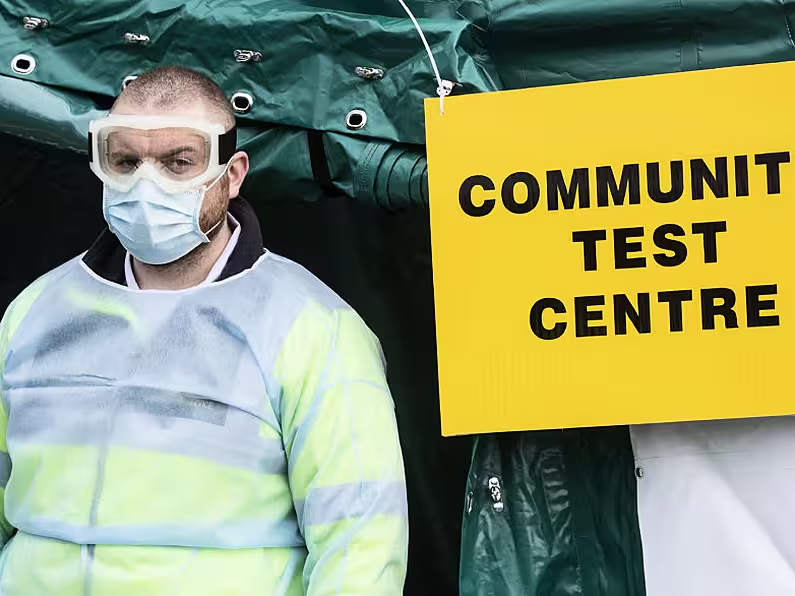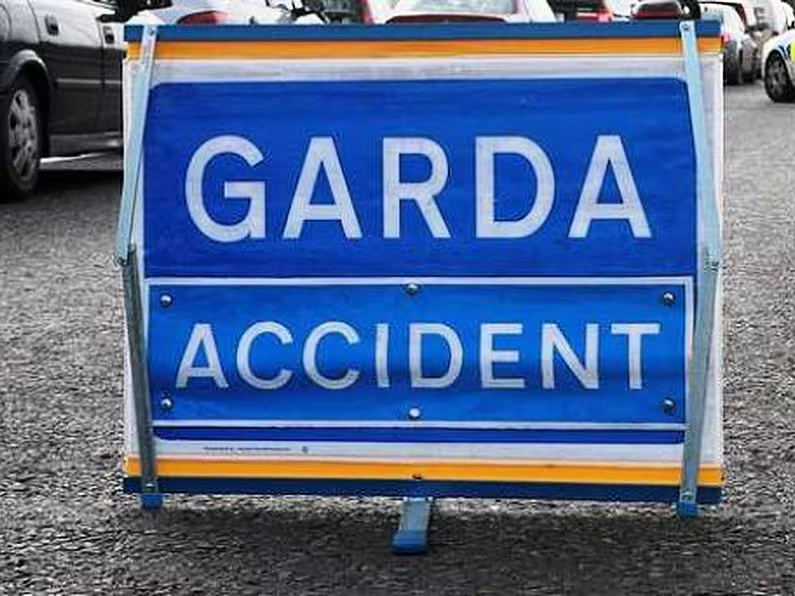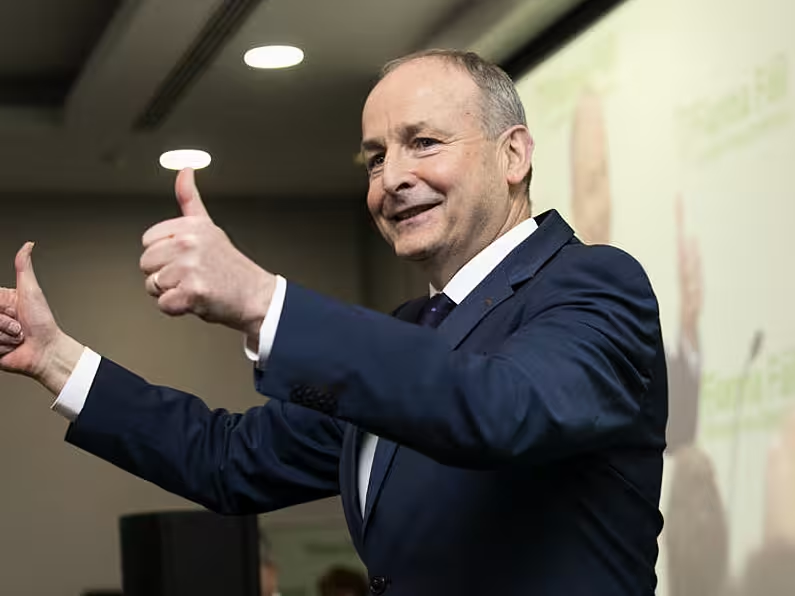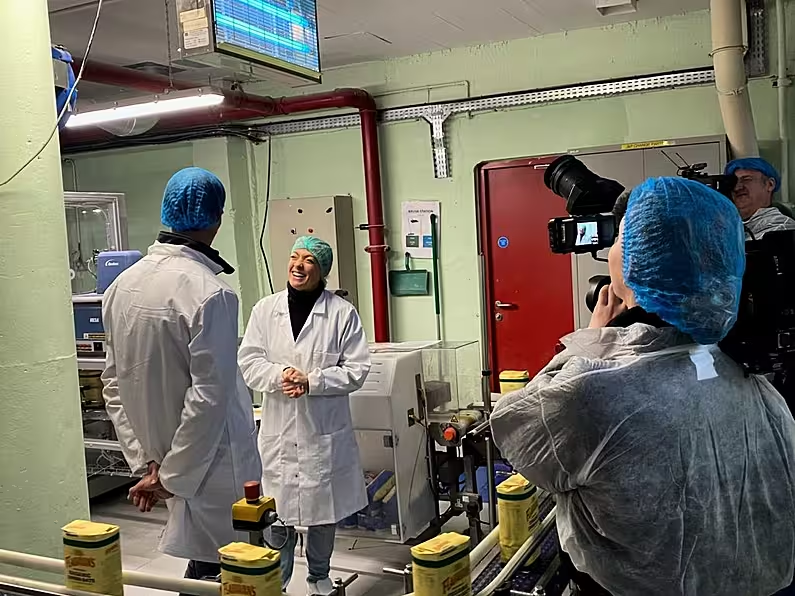Muireann Duffy
Updated: 9am. Additional reporting by Vivienne Clarke.
The Omicron wave of Covid-19 infections is likely to be "overcome" faster than previous waves of the virus, Tánaiste Leo Varadkar has said.
Although acknowledging that January will be a "difficult" month, he said Covid hospitalisations will not reach the highs they did at the start of 2021, according to The Irish Times.
After the State recorded its highest daily increase in cases on Christmas Day (13,765), Mr Varadkar said infections will remain very high for the "next few days" but should peak "in the next week or so".
He added that hospitalisations will not reach last winter's highs due to the immunity which has built from previous infections and the rollout of the vaccines.
"We will overcome the Omicron wave, and hopefully more quickly than prior waves," the Tánaiste said.
His comments come after HSE chief executive Paul Reid said the virus is now "running rife" in Ireland, but added there were "early signs of hope" from GPs that Omicron may not be as severe as previous variants of the virus.
Mr Reid said the sheer volume of cases meant the PCR testing service was being overwhelmed.
“There is no doubt now that the virus is absolutely running rife in our communities. If you think that you have Covid, it's most likely that you have it”, he explained.
He added the health service is now seeing up to 50 per cent positivity rates in the community.
Positive behaviour
Meanwhile, the HSE’s chief operations officer Anne O’Connor has called on the public to get their booster vaccine and to behave as if they have the virus if they have symptoms or a positive antigen test.
Speaking on Wednesday to RTÉ Radio’s Morning Ireland, Ms O'Connor said there will be pressure on capacity in hospitals next week, as there usually is after Christmas, but this year such pressure would be compounded by staffing levels which are reduced as people are identified as close contacts.
“We can’t run a service without staff,” she said.
Under a derogation agreement, staff who are a close contact but are asymptomatic can return to work following a risk assessment and subject to regular antigen tests, she explained.
Ms O’Connor also defended the PCR testing system, pointing out that between 30,000-40,000 tests were being carried out every day which was an unprecedented level.
She said she understood if people were upset that they could not get an appointment, but the system “can only do so much”.
“If you have a positive [antigen] test, please treat it as if you have the virus,” Ms O'Connor added.
Hospital figures
Ms O’Connor said that at present the healthcare system is coping well with 532 Covid patients in hospital, 92 of whom are in ICU. Figures were growing every day, she said, with 99 new patients with the virus admitted on Tuesday.
There were 668 acute beds available in the system on Wednesday, she added, but that was down from 1,126 on Tuesday.
Every year there is a surge in the new year, she said. Last year the surge was due to Covid, the previous year it was with flu, she added, explaining capacity is always created before Christmas to prepare for the anticipated New Year surge.
At present Model 3 hospitals, such as Letterkenny, Mullingar and Tullamore were very busy and would soon run out of beds, while larger Model 4 hospitals, like Beaumont, the Mater and St James were also “quite busy.”
Capacity will be challenged in the coming weeks, she said, but patients requiring care for cancer and cardiac conditions would be prioritised. Capacity in private hospitals would also be accessed, she added.
“There is no place in the health service sitting quiet,” she said, but added: “This will pass, we just need to get through the next few weeks.”











